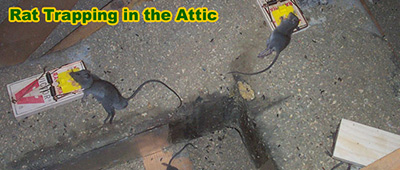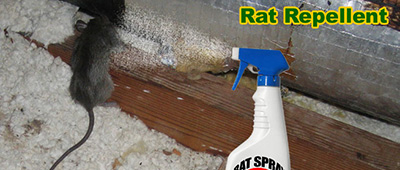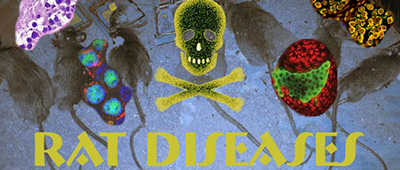You won't generally be able to tell just by looking at a rat whether or not it is sick. It won't be able to tell you that it has a little bit of a poorly stomach, or that it's feeling a little under the weather. In fact, no wild animal can tell you when they are sick, or when they are carrying a disease that could potentially be passed on to you, or any of your family members. Or your household pets, for that matter.
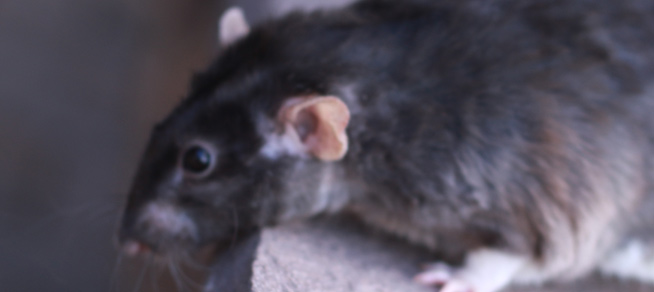
Wild animals are just that – wild. They aren't designed to be kept in cages, and that's why they will avoid those cages at all costs. These animals are constantly evolving and learning – some rats are trap-shy and impossible to catch now, mostly because they will have already almost learned their lesson whilst coming across a trap before. We might think these animals are stupid, but they have managed to spread around the world with ease. They are not animals that you should take lightly, especially when they are getting into your home.
Sick rats may have a slightly less than energetic look about them, but you won't know how a rat would normally act, which isn't a great way of looking at it. It might have a headache, or a fever, or chills, or it might be hungry, or wounded from fighting with another animal. You just don't know and that's why you just shouldn't take the risk. If you don't know what you're doing, or you don't know how to get rid of rats safely and effectively, leave it to the professionals. You'll be surprised to learn that it's often cheaper than the adventure you'll go through trying to evict them yourself!
Go back to the Rats in the Attic home page.
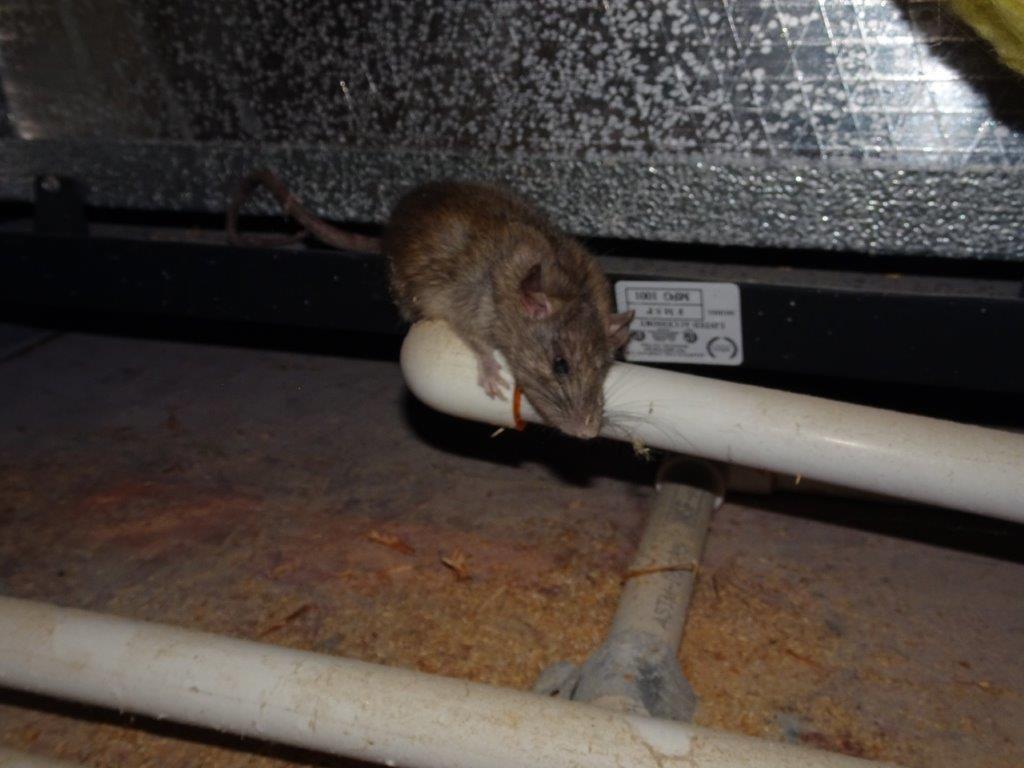
Rats, like many other rodents and small animals, are very good at hiding when they are sick and you must take care to study them to know if they are ill. For rats, hiding signs of sickness is a natural behavior and may be a challenge for people to tell if a rat is actually sick.
To be able to identify what is abnormal about a rat, you must know their normal behavioral patterns and habits. You will recognize when a rat is sick when you become familiar with and notice what they do; eating, exploring, grooming, and playing.
Some of the most notable signs of illness in rats are:
- Rapid decline in body weight,
- Decreased appetite,
- Red discoloration of the nose and eyes,
- Excessively long and uneven teeth because they are not feeding and gnawing,
- Extended sleep periods,
- Exercise intolerance and rapid tiredness,
- Signs of diarrhea and loose stool,
- Restlessness,
- Dull and lackluster eyes,
- Nasal discharge and discharges from the eyes,
- Irregular breathing or heartbeat,
- Abnormal crouching behavior.
When you notice any of these symptoms in a rat, it would be wise of you to separate it from other animals and limit your physical contact with them. You should report to the animal rehabilitation or control center immediately, or take it to the vet. Just like other animals, a rat can fall sick at any time with bacteria, parasites, or viruses being the cause of their infections. Sickness could also be as a result of injuries to body parts especially the toenail, or even a broken or sprained bone.
A rat may also have some deep wounds that result from bites from another rat or animal. There are several other sicknesses that may trigger these symptoms and you may need to take the rat to the veterinarian for confirmation.
A rat is supposed to have a dry body and so a wet nose may signify a respiratory disease or disorder and a common cause is the exposure to smoke from burning substances like cigarettes or wood.
They may also have eye infections where you observe cherry red eyes and discharges from the eyes. Rats are also prone to eye-cataract, which shows as an appearance of white film across the whitish area of the eye when there is a scratch on the eye of the rat. Irritation can also cause cataracts. Fluctuations in temperature, fever, Mycoplasma, and other infections can trigger disease symptoms in rats.
Although rats have antibodies that can fight off germs and diseases, you must watch a sick rat closely and make sure you give them adequate care. It is always best to let the professionals handle rat associated diseases especially when you do not know what you are dealing with. When you notice any of the above listed symptoms in a rat, you should immediately seek professional treatment.


